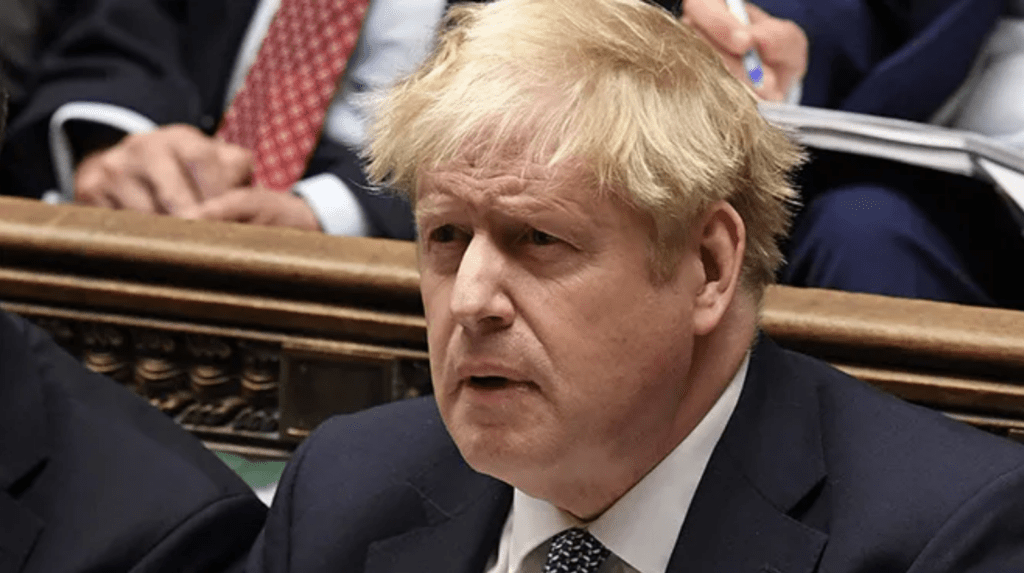A string of revelations about "social gatherings" (also known as parties) that took place in the residence of British Prime Minister Boris Johnson during the confinement period has seen the premier fighting for his political career. On Monday, he apologised in Parliament but played down calls to resign.
As a politician with a well-documented track record of bending the truth, Johnson's excuse of "errors in leadership" lack the sincerity to persuade voters of his contrition. Indeed, the Prime Minister's guilt in this latest scandal has been made all the clearer by the decision to publish only a redacted version of the report into the parties, omitting details that would doubtless cause more public outrage than there already is.
Johnson admitted that "things were not done correctly" but avoided attributing blame to himself, with indirect turns of phrase that showed the hallmarks of a veteran orator but not necessarily a responsible leader.
Undermining trust in public institutions
He continued by vowing that he would learn from the lessons of this most recent "oversight" during his term in office – words met with audible derision from opposition parties in the Parliamentary chamber, as well as many of his own back benchers.
Both politicians and commentators have expressed concern for the erosion of trust in the government and the conduct politicians should espouse. Johnson countered these by insisting that the government remained "trustworthy" and tried to lay claim to the UK's high vaccination numbers as proof of the government's efficacy – apparently overlooking the 156,000 Covid deaths that represent one of the highest death tolls of any country in the world, developed or otherwise.
Related News
- Denmark, UK and Ireland end almost all coronavirus measures
- 'Too early' for Belgium to relax rules like England, says Van Gucht
The UK has taken a very different approach to its coronavirus strategy, with measures that were consistently far less strict than most European nations. This has especially been the case in recent months, with all restrictions in England now being only recommendations.
The decision to remove restrictions was generally popular, although the announcement arrived as details of the various parties at Downing Street (the Prime Minister's residence) were emerging. Certainly, it didn't require the acuity of a political strategist to recognise this announcement as a ploy by Johnson to divert attention from his misdemeanours.
Meanwhile, mainland Europe continues to follow a much more cautious approach to managing the pandemic.

